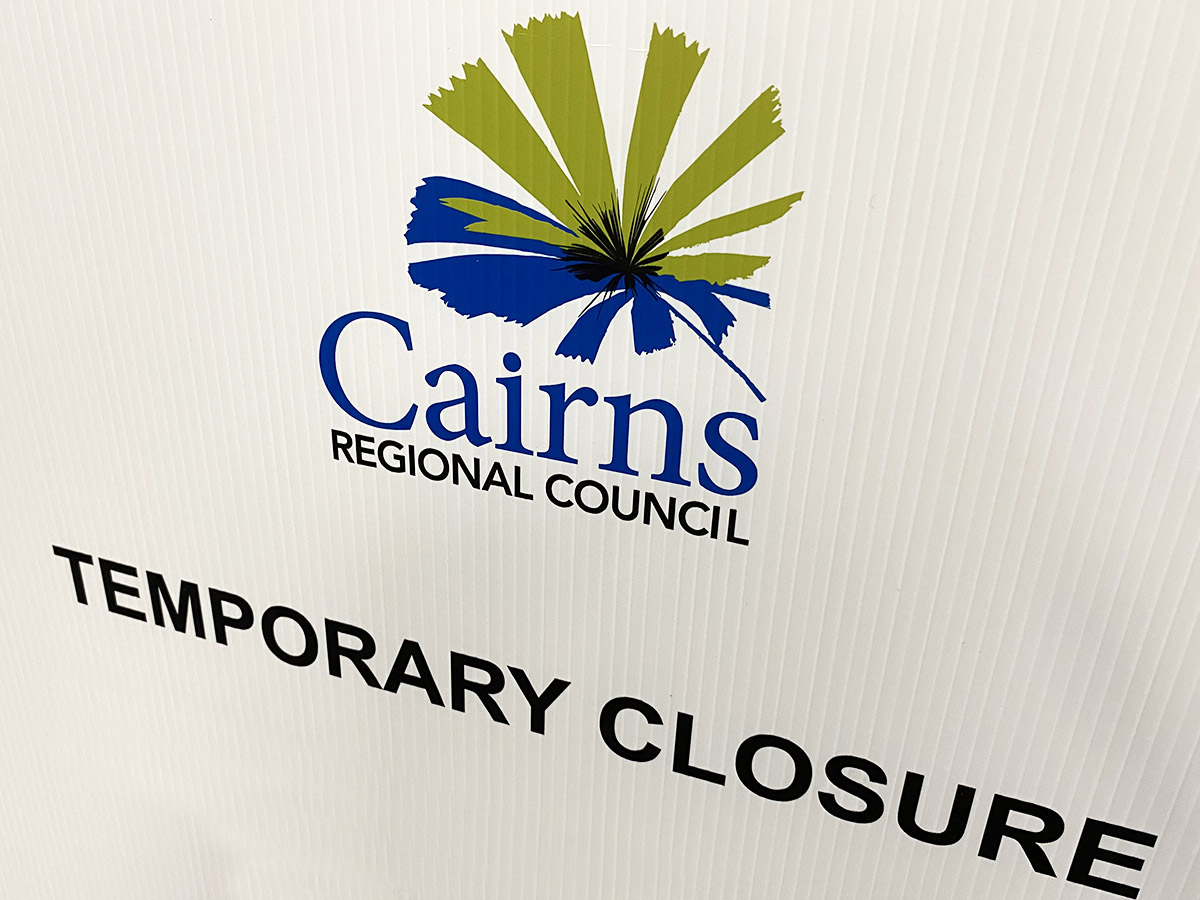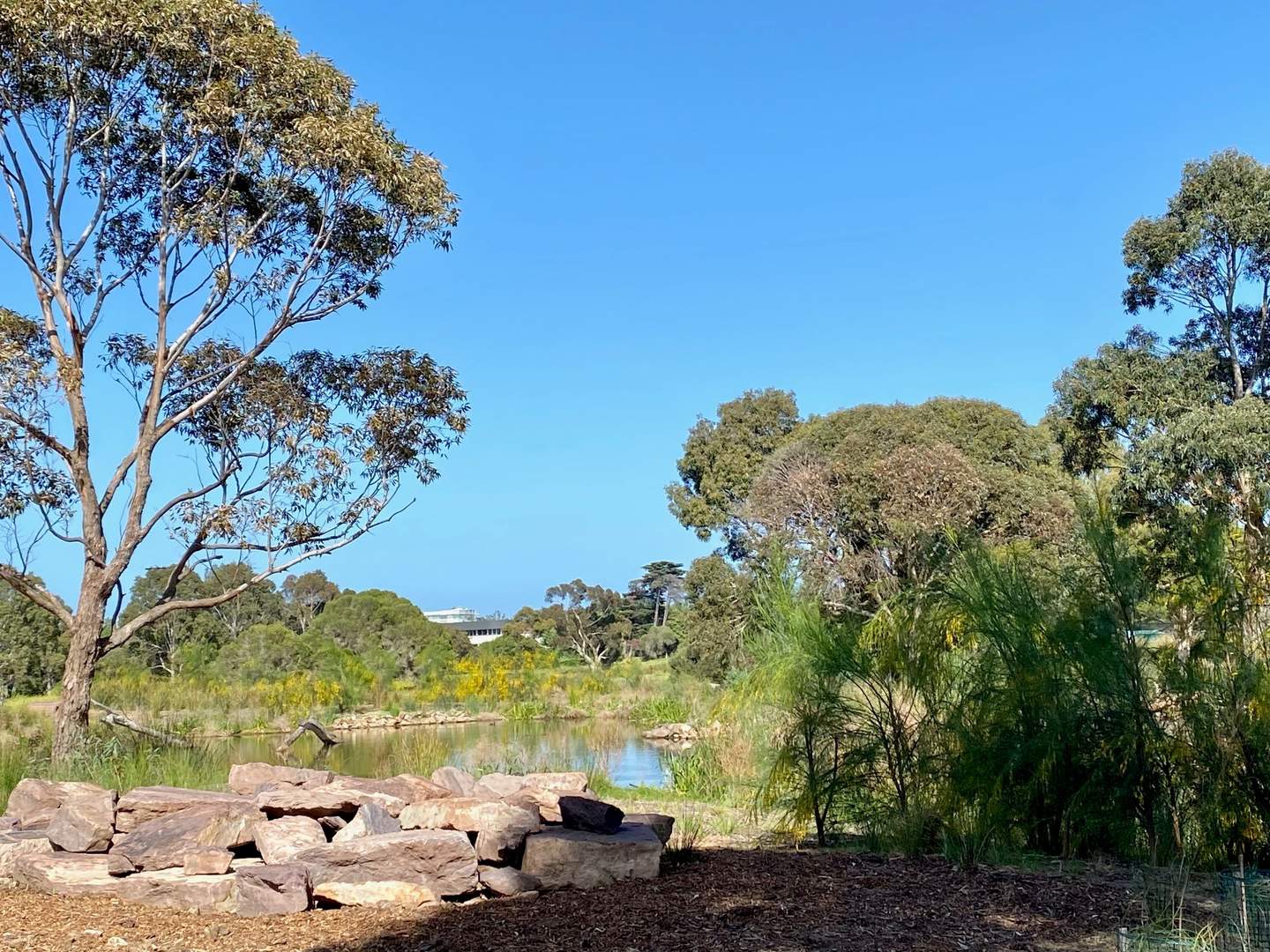Water Minister Dave Kelly has today declared a water deficiency for the adjoining Jerramungup (east) and Ravensthorpe (west) areas within the Shires of Jerramungup and Ravensthorpe.
The deficiency area is bounded by Jacup (Jacup Rd North) in the east of Jerramungup and Fitzgerald Road in Ravensthorpe.
The State Government began carting emergency water supplies for animal welfare needs to the area today after a joint application by the Shires on behalf of ten farmers in the Jerramungup (east) and Ravensthorpe (west) area. A declaration is made as a last resort after continued dry conditions have depleted on-farm and local community water supplies.
The declaration will see the State Government cart an estimated 1,800 kilolitres of water each week from Mount Barker, Katanning and Tambellup. Water will be delivered to a new 250 kilolitre capacity tank at Fitzgerald in Ravensthorpe, reducing the distance farmers need to travel to source emergency livestock water.
Water carting arrangements are being managed by the Department of Water and Environmental Regulation with support from the Department of Primary Industries and Regional Development and the Water Corporation.
This is the seventh water deficiency to be declared in Western Australia since May 2019, as dry conditions continue in the South-West of the State due to climate change.
Water deficiencies have also been declared in the Shires of Ravensthorpe, Lake Grace (in the Mallee Hill area and Ardler Road area), Kent, Jerramungup North and Esperance (Grass Patch).
DWER is liaising with local government authorities and farmers in other dryland areas to monitor their on-farm water storage and requirements. The Department is encouraging farmers to continue to return their farm water surveys, and local government authorities to consider Community Water Supply Program grant applications in areas of need.
For Season 2020 farming advice, financial information and the Support Services Directory visit https://www.agric.wa.gov.au/
As stated by Water Minister Dave Kelly:
“The Great Southern agricultural region is experiencing extremely dry conditions following two years of well below average annual rainfall linked to climate change.
“This has resulted in an unprecedented concurrent seven water deficiency declarations, well up on the previous record of two water deficiencies, and there is the possibility of more to come.
“According to rainfall figures from the Bureau of Meteorology’s weather station near Fitzgerald, the third and fourth driest years on record were 2018 (264.1mm) and 2019 (243.7mm).
“Over the past 12 months the State Government has invested more than $1.5 million in 34 projects designed to improve community water supplies, including work on dams, catchments and bores.
‘The State is calling on the Federal Government to support an expansion of this important work through the new Future Drought Fund.
“We have never before seen such a high demand for water carting in the State. The cost of carting water for both public drinking and animal welfare needs is estimated at more than $4 million since January 2019, and could exceed $11 million by the end of June.”
As stated by Agriculture and Food Minister Alannah MacTiernan:
“The State Government understands the impact the protracted dry seasonal conditions are having on agricultural areas and responding to the needs of landholders to have access to emergency livestock water supplies.
“We continue to work closely with landholders, industry, State agencies and local government to assist farming enterprises to manage these difficult conditions and navigate a way forward.”








